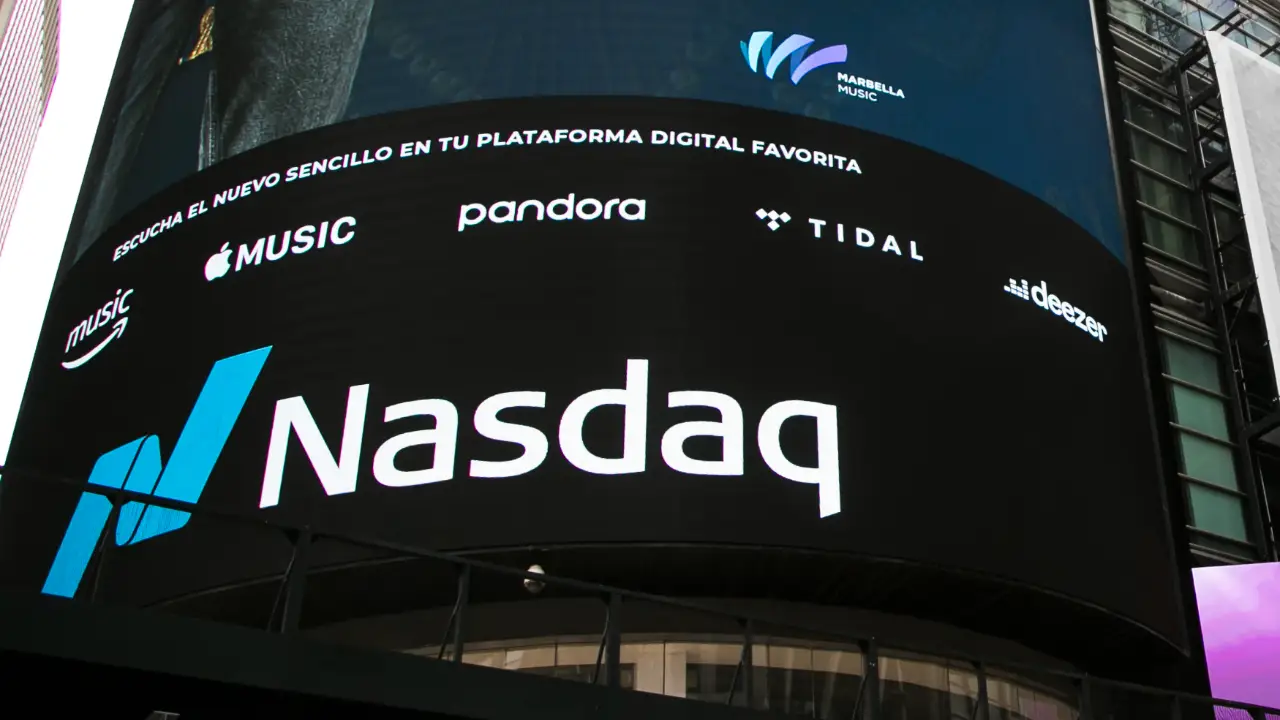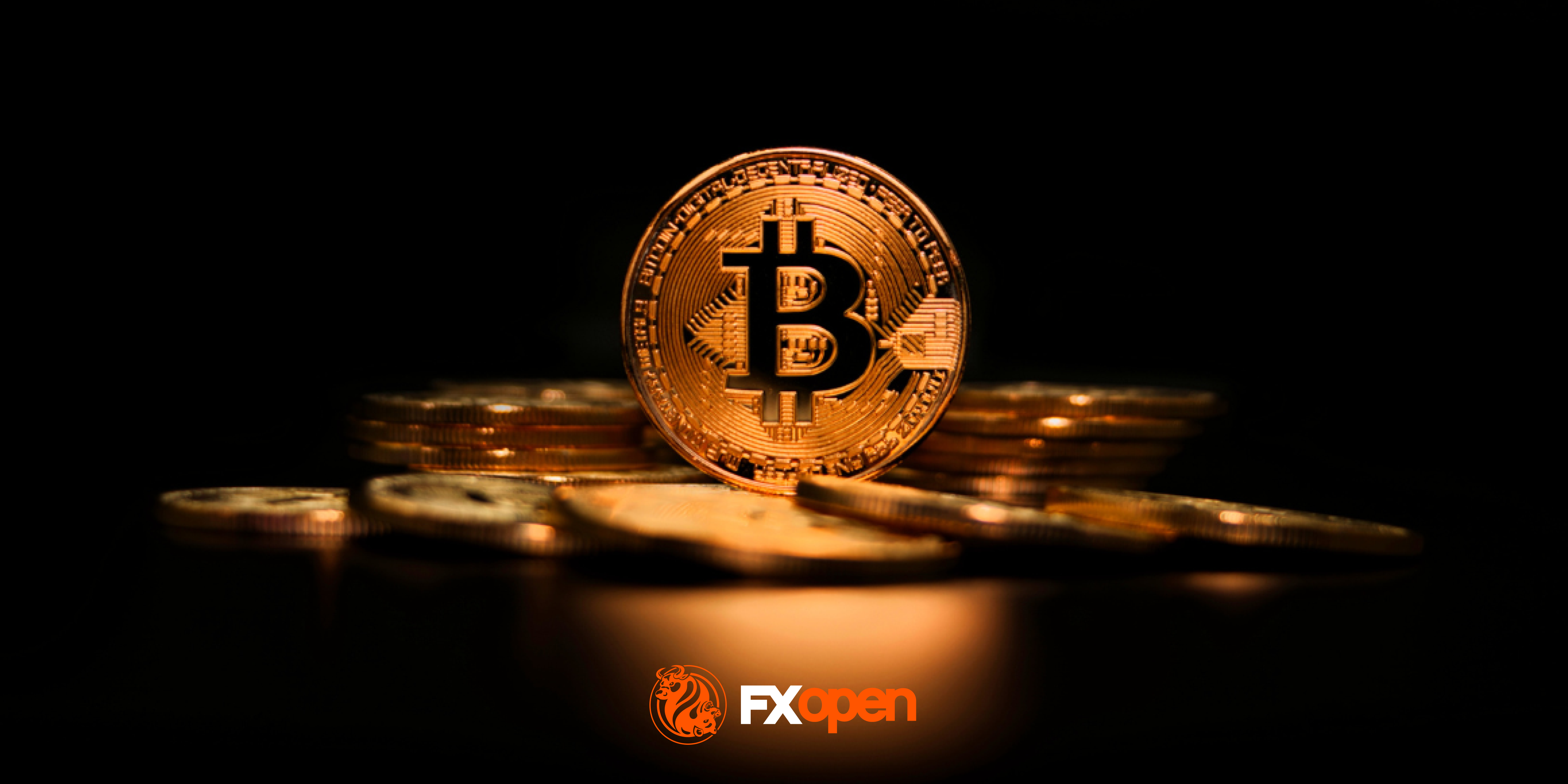FXOpen

The global financial landscape found itself in a state of flux as the military conflict between Israel and the Gaza Strip roiled markets. US stock futures faced downward pressure, while oil and Treasury values surged. Additionally, the September US jobs report added to the intensity, setting the stage for crucial inflation figures later in the week.
Despite thin trading conditions due to holidays in Japan and South Korea, the initial market sentiment favoured bonds and safe-haven assets like the Japanese yen and gold. Simultaneously, oil prices experienced a notable climb, surging by over $3 per barrel.
The Israeli shekel bore the initial brunt of the turmoil, plummeting to its lowest level since early 2015, standing at 3.9880 per dollar. While this may not immediately appear significant to traders due to the shekel's limited status as a major currency and unavailability on most platforms, it is intertwined with the potential performance of tech stocks listed on US exchanges, notably NASDAQ.
Israeli entrepreneurs helm several unicorn companies on these exchanges, some of which have been restructuring their operations amid Israel's prolonged period of social and political instability this year.
Furthermore, the market now grapples with the risk of escalating oil prices, a slump in equities, and surges in volatility—factors currently under the scrutiny of analysts at Tier 1 banks as European and American markets open.
Of particular concern is the potential disruption of oil supplies from Iran. Given the already tight conditions facing physical oil markets in Q4 2023, an immediate reduction in Iran's oil exports could drive Brent crude futures above $100 per barrel in the short term.
The military conflict intensified as Israel launched strikes on the Gaza Strip in retaliation for one of the deadliest attacks in its history, perpetrated by the Islamist group Hamas, resulting in the deaths of hundreds of people. The risk of supply disruptions has propelled Brent Crude Oil to a notable gain of $3.14, reaching $87.72 per barrel, while US crude also surged, up $3.28 to $86.07 per barrel.
Gold also witnessed a surge in demand, rising by 1.1% to $1,852 per ounce.
In the realm of currency markets, the Japanese yen emerged as the primary beneficiary, although overall currency movements remained modest. The euro dipped 0.3% against the yen, settling at 157.37 yen, while the dollar exhibited a 0.1% decline, marking 149.14 yen. The euro also experienced a 0.3% decline against the dollar, reaching $1.0552.
The cautious sentiment in markets provided some relief to sovereign bonds after recent sell-offs, with 10-year Treasury futures gaining 12 ticks. Yields were indicated at approximately 4.74%, a slight decrease from the 4.81% observed on the previous Friday.
A prolonged rally in oil prices could potentially act as a de facto tax on consumers, exacerbating inflationary pressures. Consequently, equity markets faced headwinds, with S&P 500 futures shedding 0.8% and Nasdaq futures losing 0.7%. EURO STOXX 50 futures slipped by 0.4%, and FTSE futures experienced a 0.1% dip.
While Tokyo remained closed, Nikkei futures were down by 1.0%, hovering near the closing levels of the cash market from the preceding Friday.
Benjamin Netanyahu, Prime Minister of Israel, has made it clear that he will head to a full-scale war, which adds further potential volatility to these instruments.
Trade global index CFDs with zero commission and tight spreads (additional fees may apply). Open your FXOpen account now or learn more about trading index CFDs with FXOpen.
This article represents the opinion of the Companies operating under the FXOpen brand only. It is not to be construed as an offer, solicitation, or recommendation with respect to products and services provided by the Companies operating under the FXOpen brand, nor is it to be considered financial advice.
Stay ahead of the market!
Subscribe now to our mailing list and receive the latest market news and insights delivered directly to your inbox.









